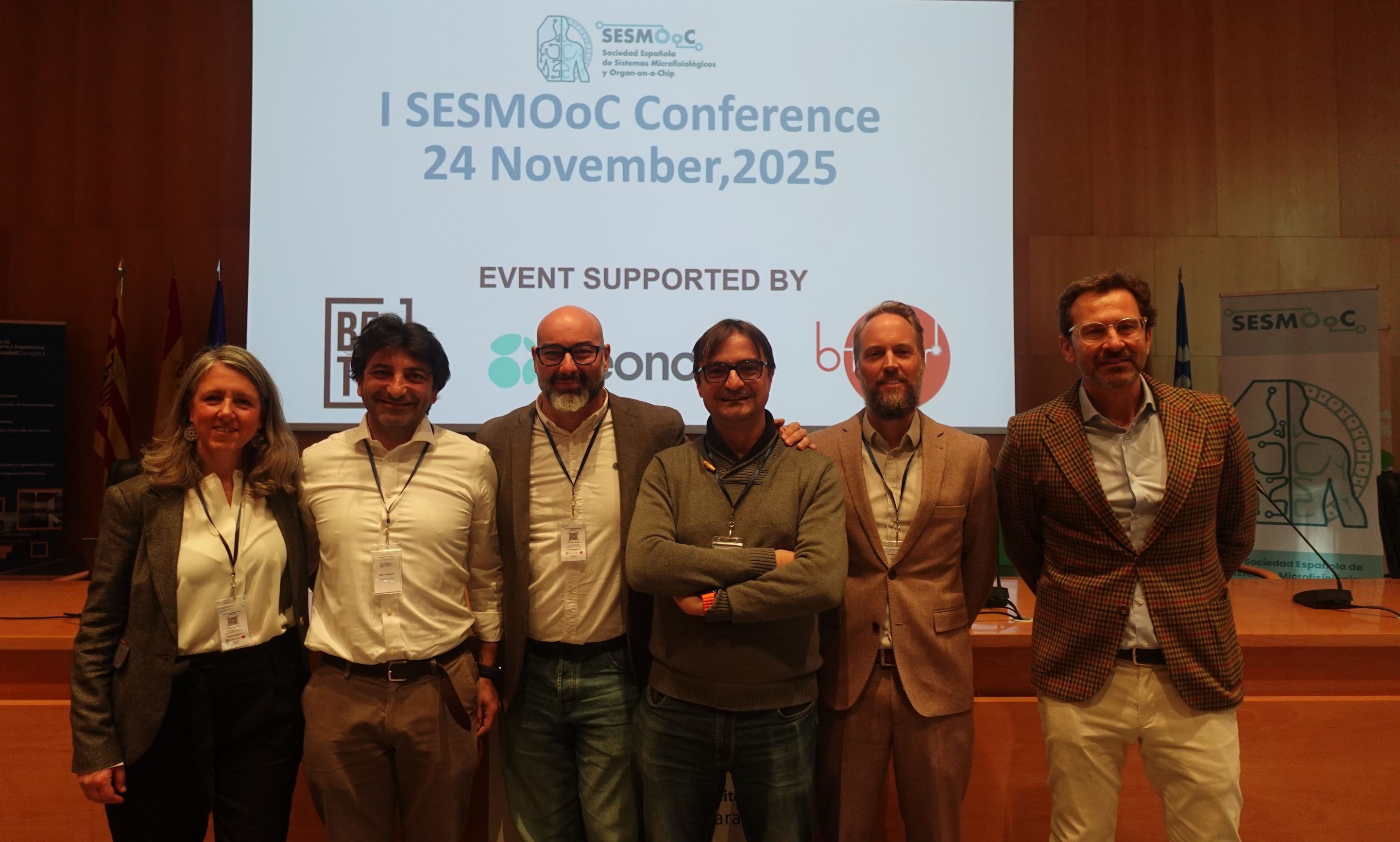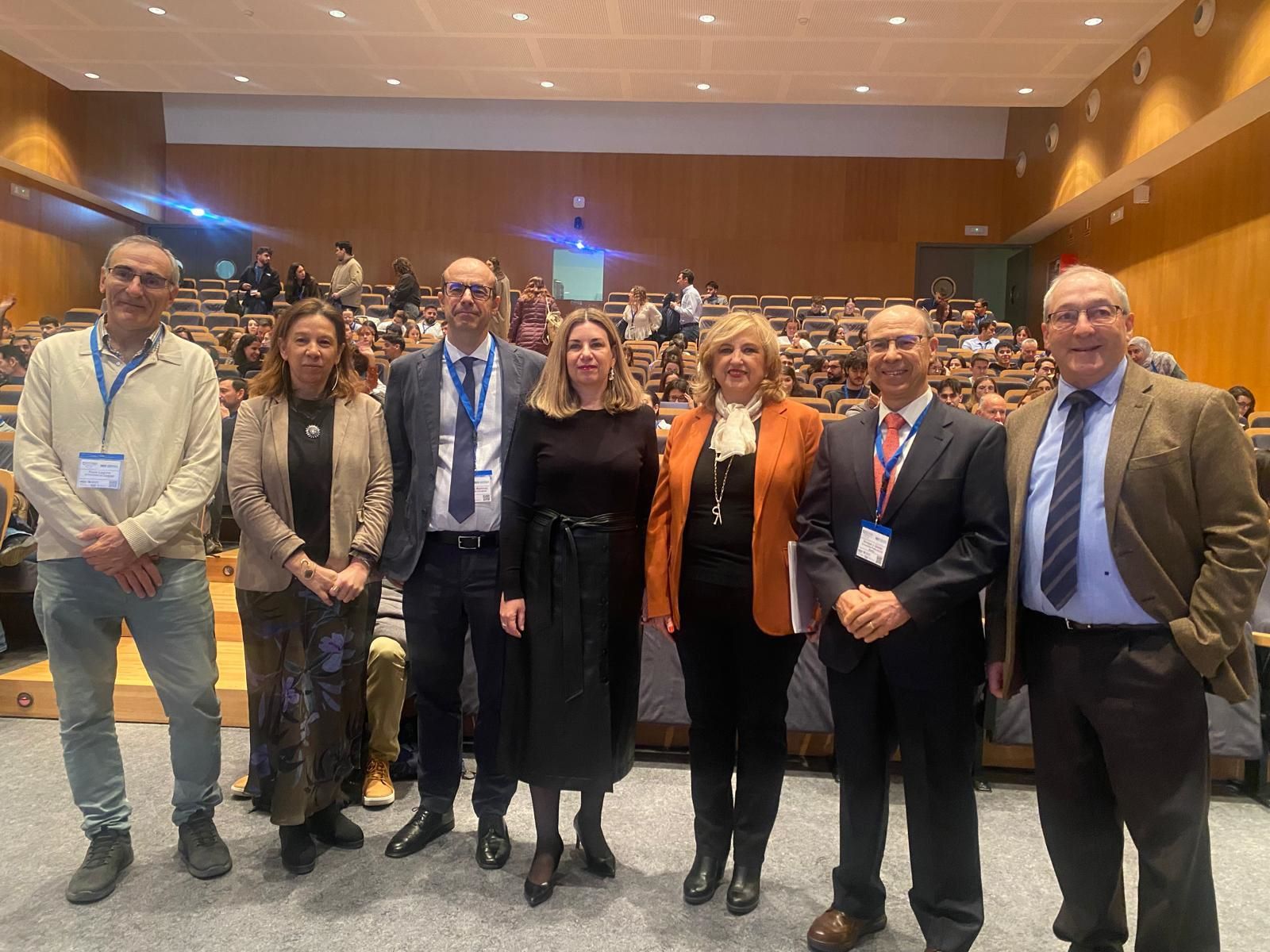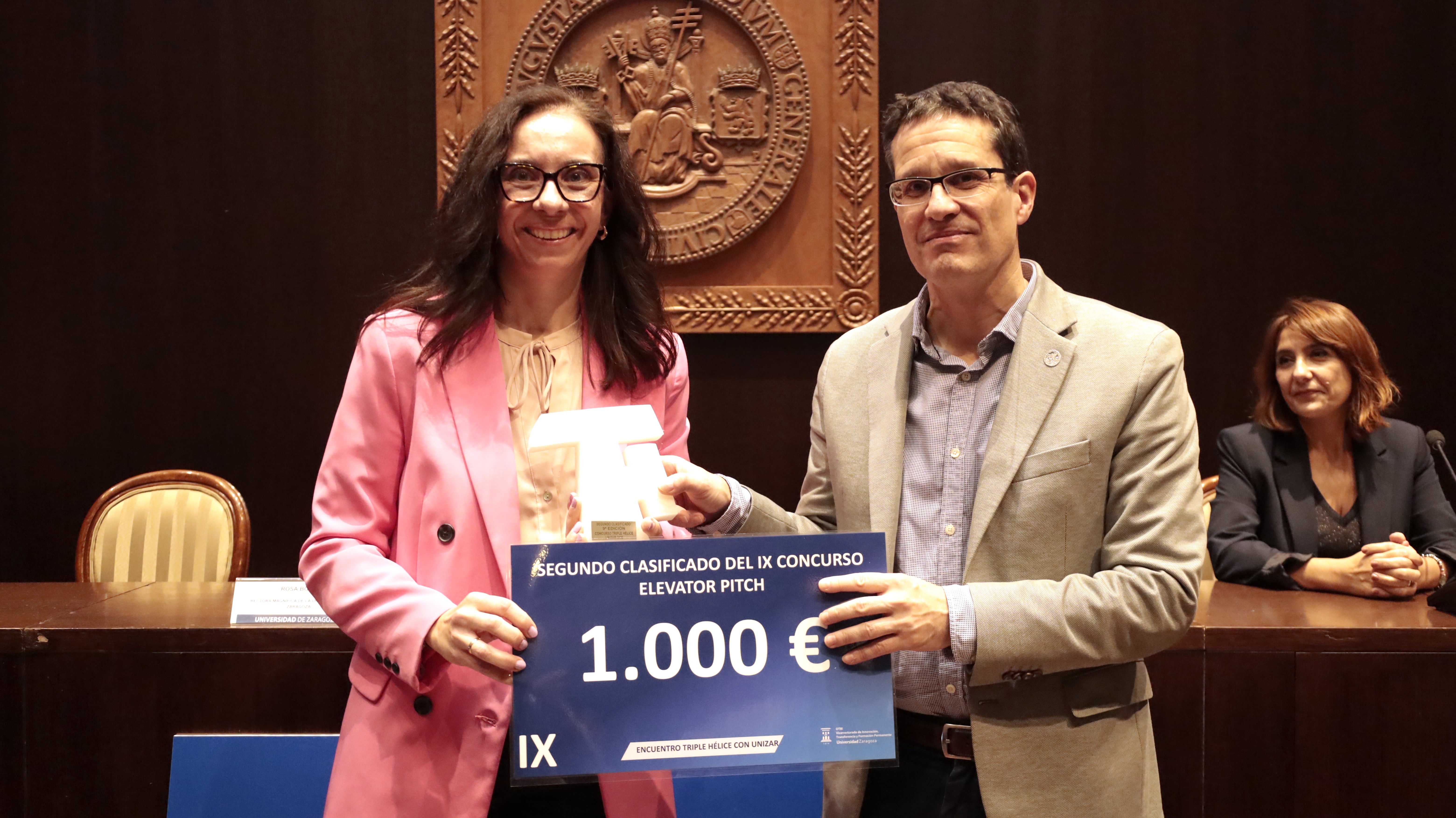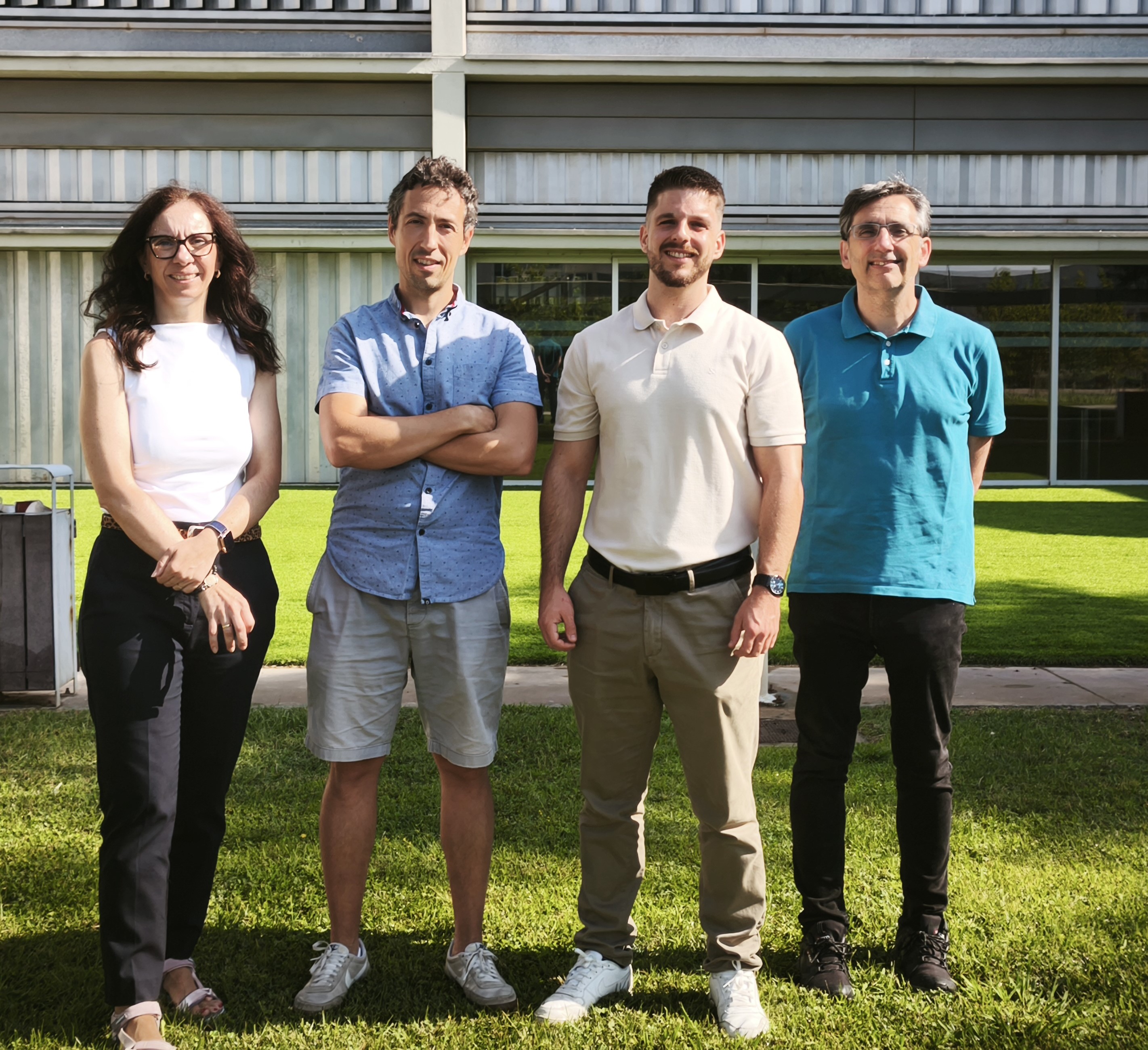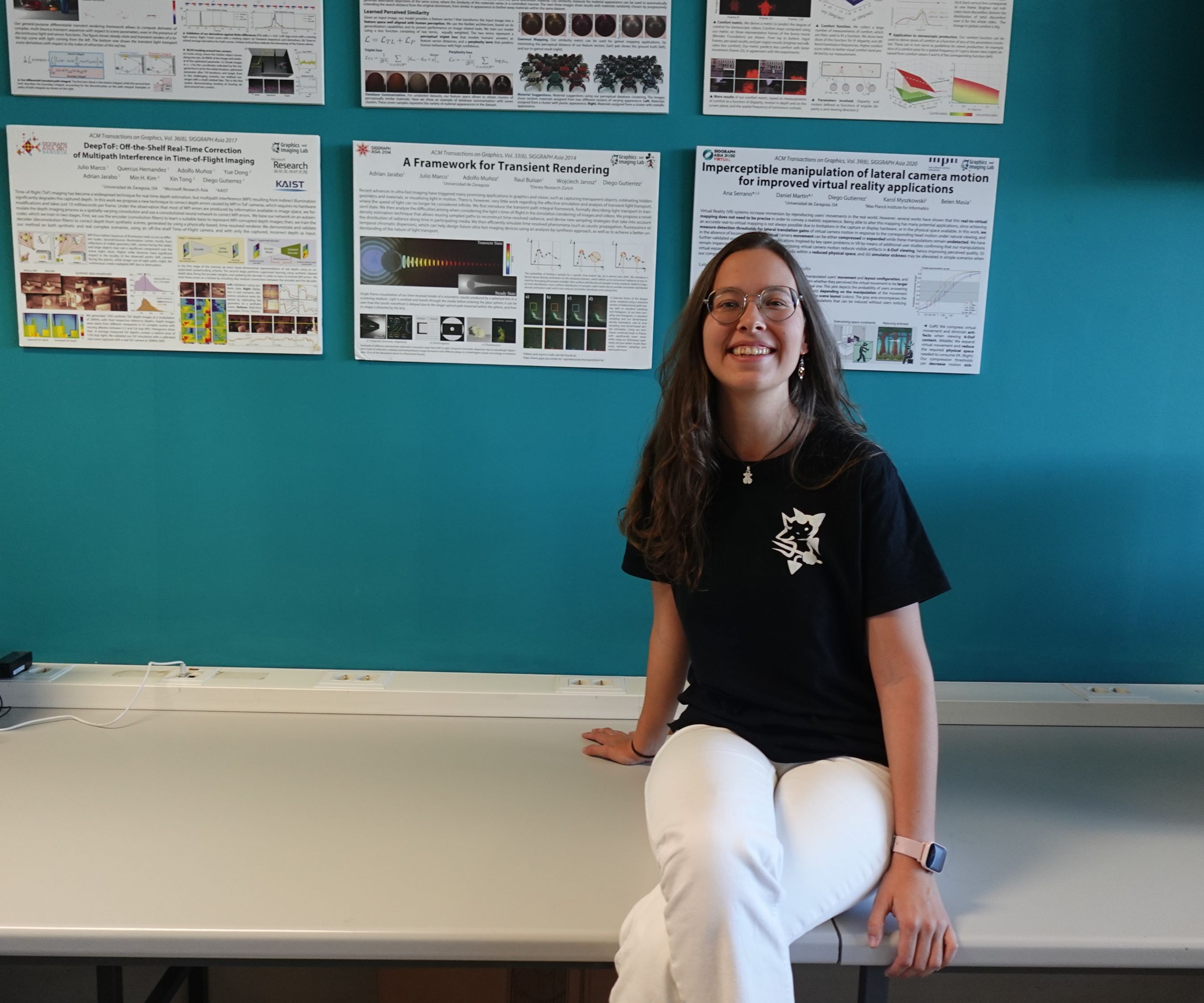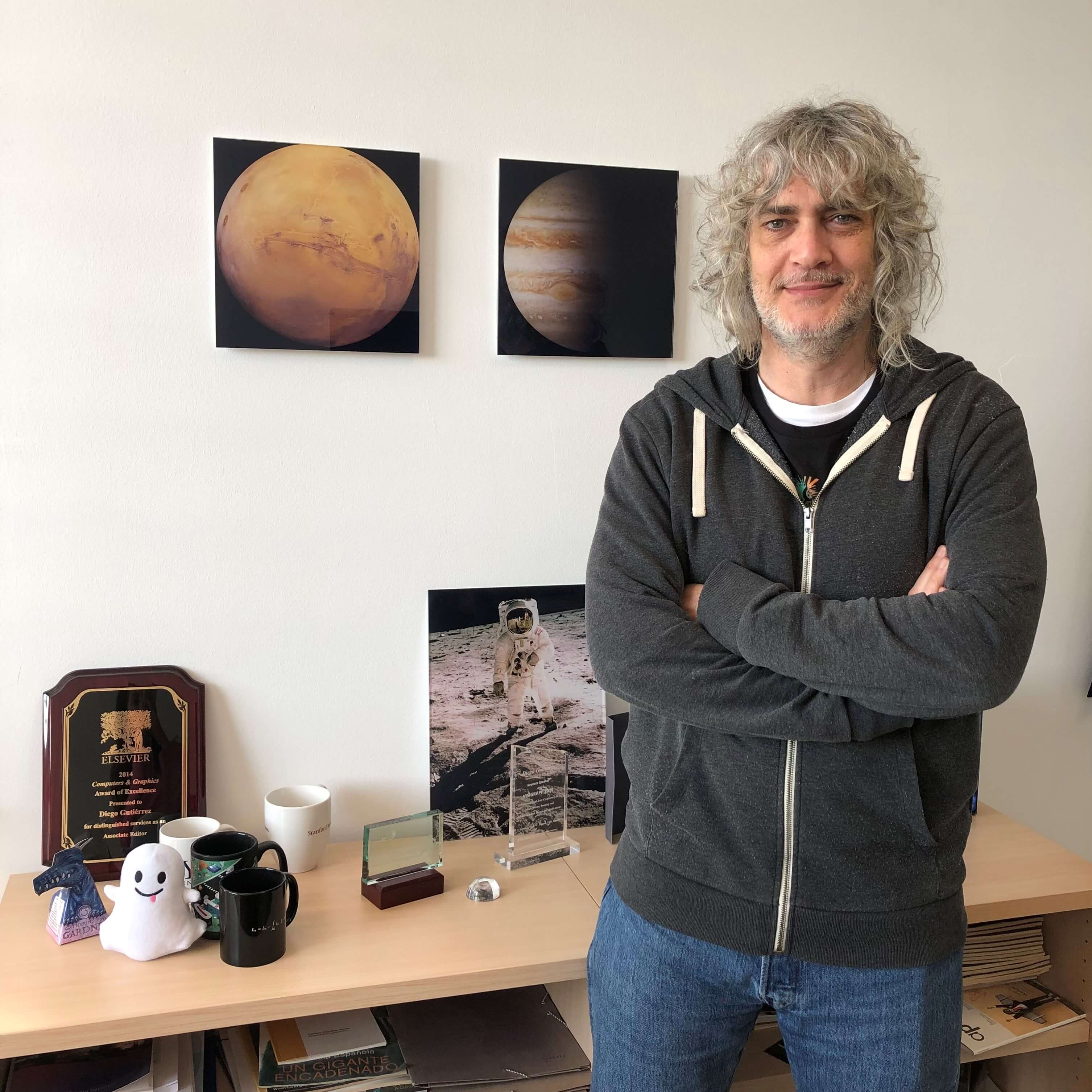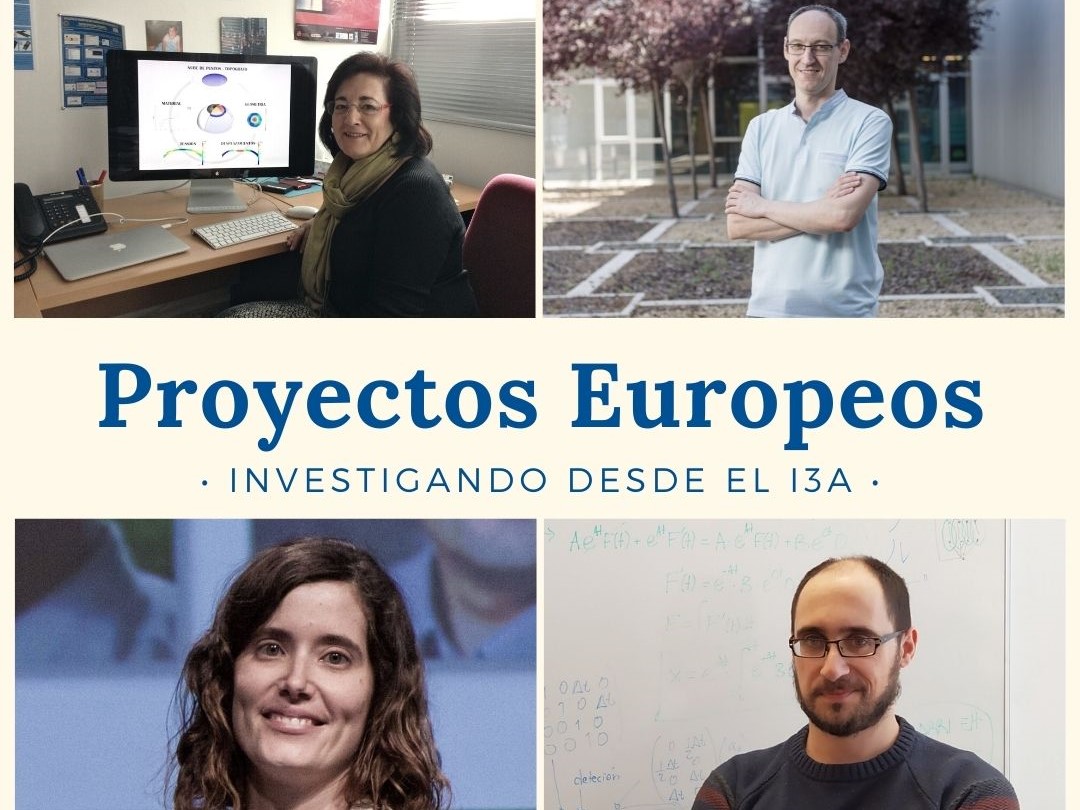
Europe continues to prioritize science of excellence, especially those creative and innovative research ideas that could revolutionize the society of the future. From the Horizon 2020 Program, seven research projects, managed by the Office of European Projects of the University of Zaragoza, have just been supported with funding of 3.88 million euros. Three of them will be led by researchers from the Aragón Engineering Research Institute (I3A), Begoña Calvo, Belén Masiá y Adrián Jarabo y Alfonso Ortega.
All three are part of the Marie-Sklodowska Curie Actions (Marie Curie) grants, two of them within the Innovative Training Networks (ITN) Actions modality, to train a new generation of innovative researchers, capable of transforming knowledge and ideas in products and services for society; and the third within the Research and Innovation Staff Exchange (RISE) modality, which will allow the group to exchange its knowledge in international projects with stays in teams and laboratories in different countries. These grants have the objective of reinforcing inter-sectorial and cross-border international collaboration in R + D + i.
OBERON PROJECT –AMB Research Group
The objective is to create a platform that allows the simulation of the human eye, taking into account the interactions between the mechanical properties of the eye tissues in the optical response of the eye. The OBERON network involves research groups from European experts on topics related to visual optics and biomechanics.
The main application will be to train researchers in this field and develop numerical tools to improve the precision of refractive and cataract surgeries, improving the design of intraocular lenses and the surgeries themselves. It will also work on improving the diagnosis of different pathologies such as presbyopia and keratoconus.
Begoña Calvo is the principal investigator, Jorge Grasa and Miguel Ángel Ariza from the Applied Mechanics and Bioengineering (AMB) group also participate. The main objective of the group is the development of technologies applicable to personalized medicine to improve diagnosis and possible treatments.
PRIME Project –Graphics & Imaging Lab
Computer graphics currently allows generating synthetic images indistinguishable from photographs. This has applications beyond entertainment (movies, videogames), including design, architecture and product design, allowing the creation of digital twins, virtual reproduction of real objects with exact information of their appearance.
The main goal of PRIME is to advance in the field of predictive rendering, to make digital twins feasible in practice. The project's consortium is formed by a combination of top-tier academic institutions and world-class industry partners such as Ikea, Procter and Gamble (P&G) or Adobe.
Belén Masiá and Adrián Jarabo, from the Graphics & Imaging Lab, are the coordinators of this project from the I3A, at the Universidad de Zaragoza.
ESPERANTO Project – ViVoLab Research Group
A line of research that aims at pushing speech technologies, allowing their dissemination among European SMEs to enhance their use in areas such as health, education or security.
This project intends to lead the scientific community by releasing evaluation metrics, protocols and standards that will boost the development and evaluation of artificial intelligence algorithms more accessible, human and transparent.
ESPERANTO gathers a large and trans-sectorial community of experts in speech related applications such as transcription, translation, understanding or biometric speaker identification.
Alfonso Ortega, ViVoLab researcher, will manage this Project at the I3A. The consortium also includes the Université du Mans (France), Johns Hopkins University (USA), The University of Sheffield (UK), Brno University of Technology (Czech Rep.), National Council for Scientific and Technical Research (Argentina), Mila (Canada), among others. The I3A researchers will carry out secondments in France, the United States, Argentina and the Czech Republic
